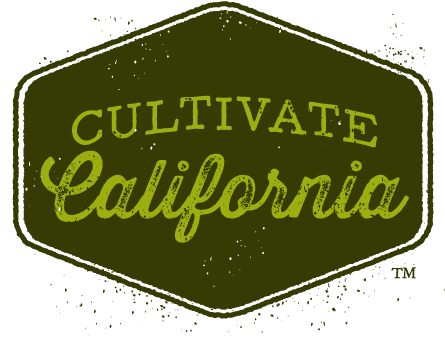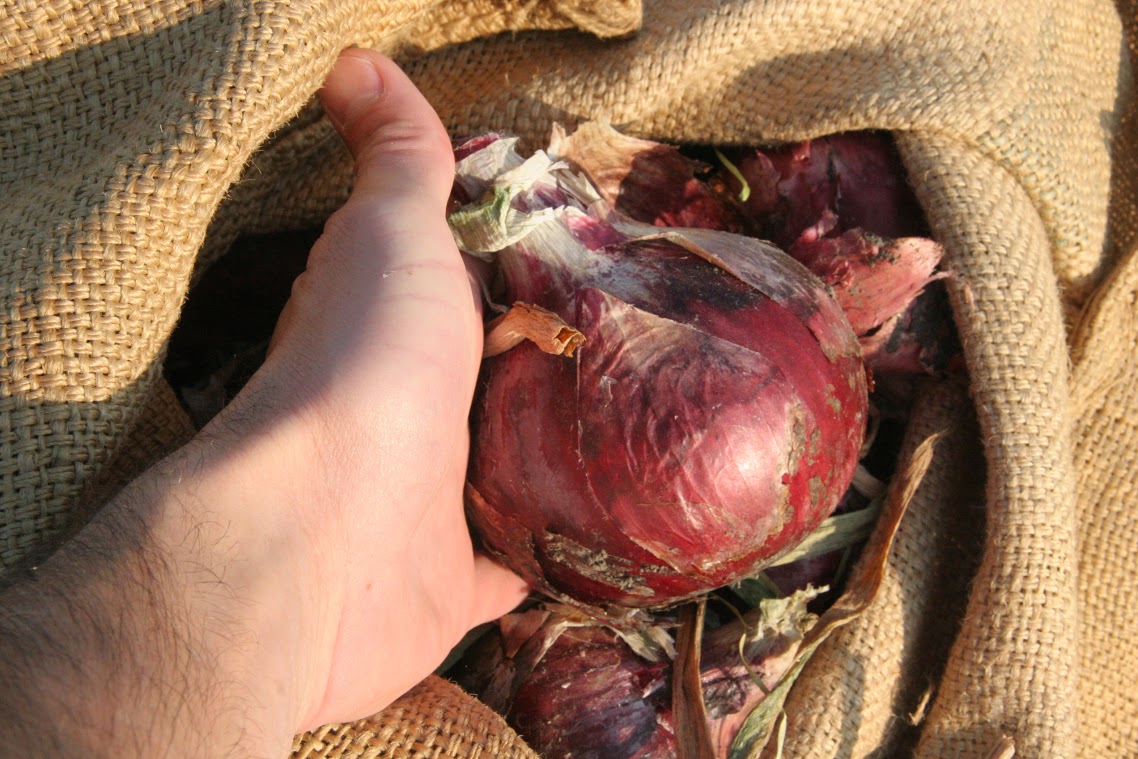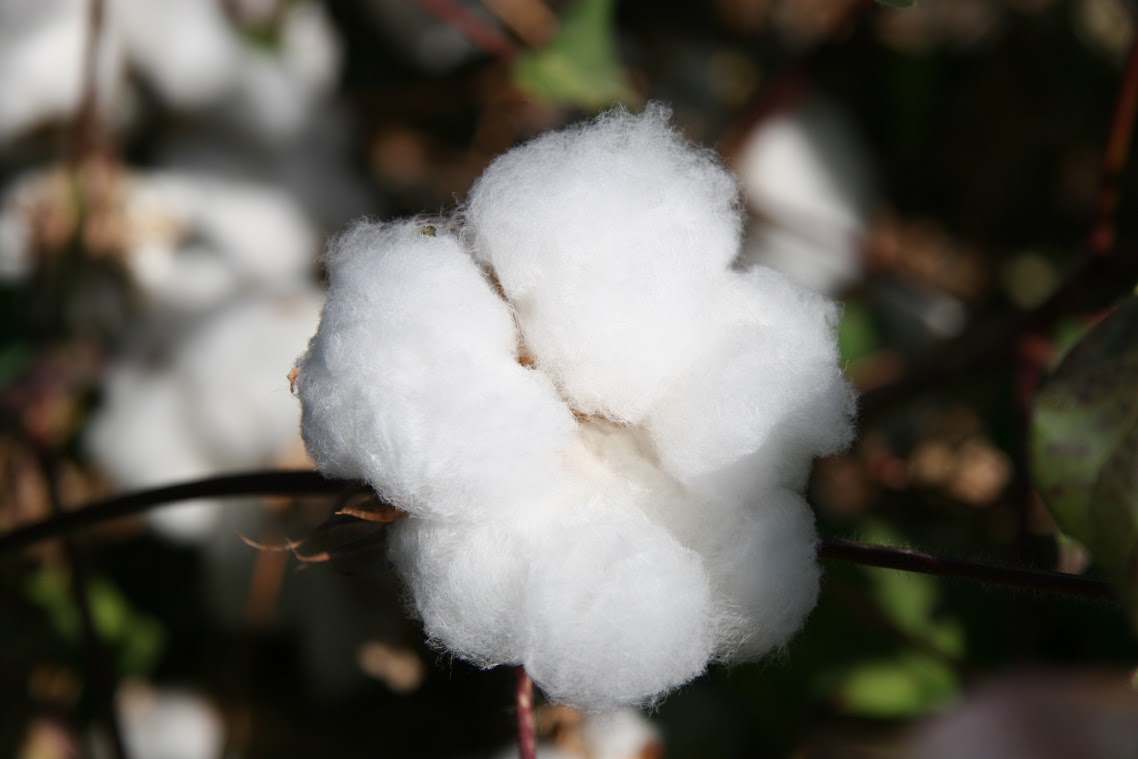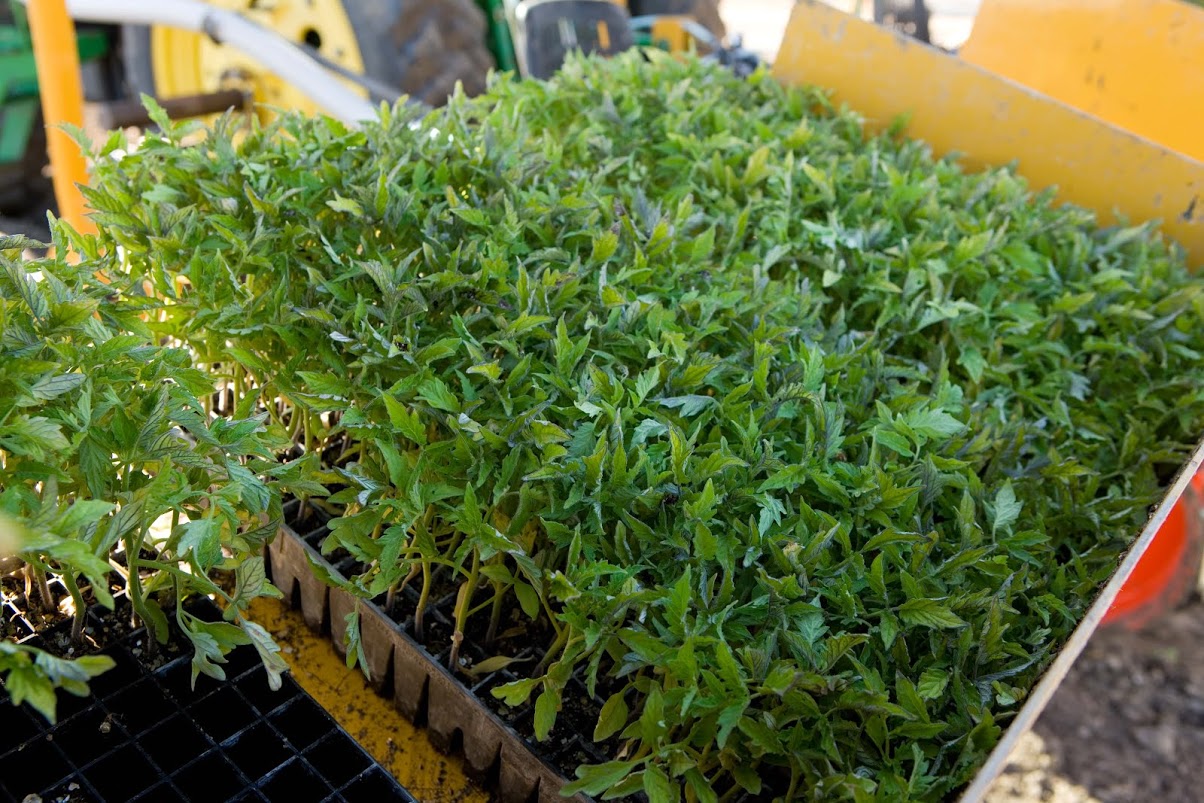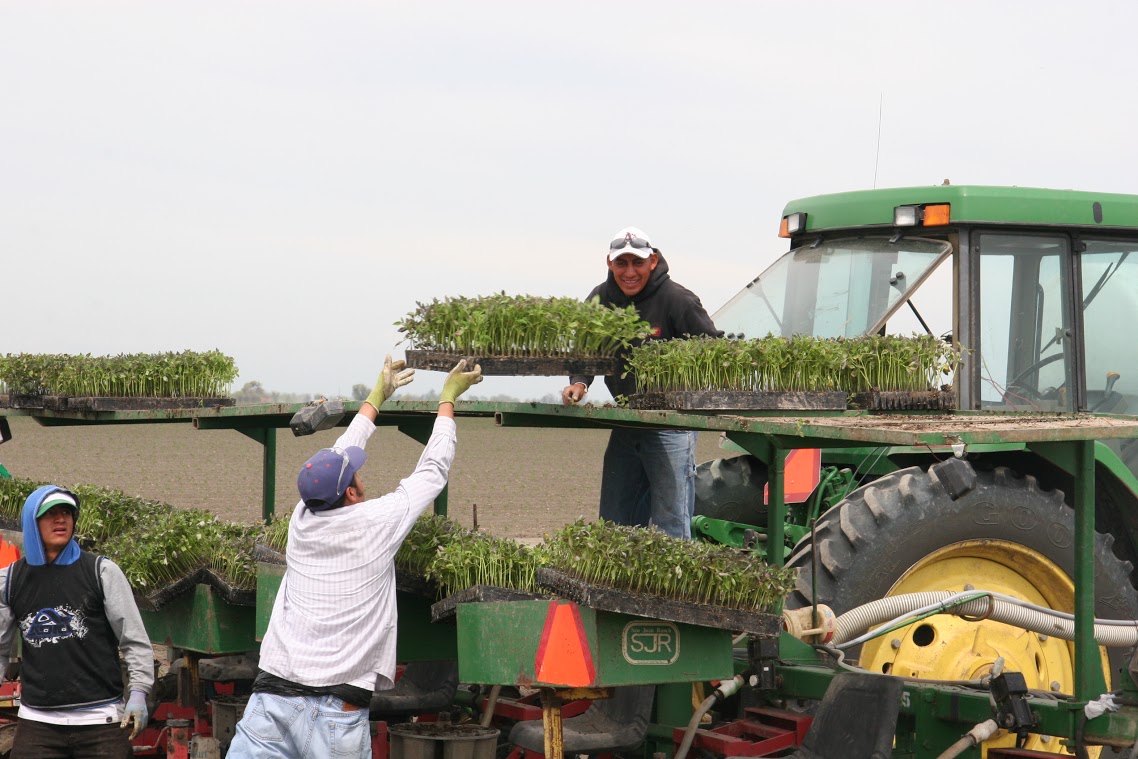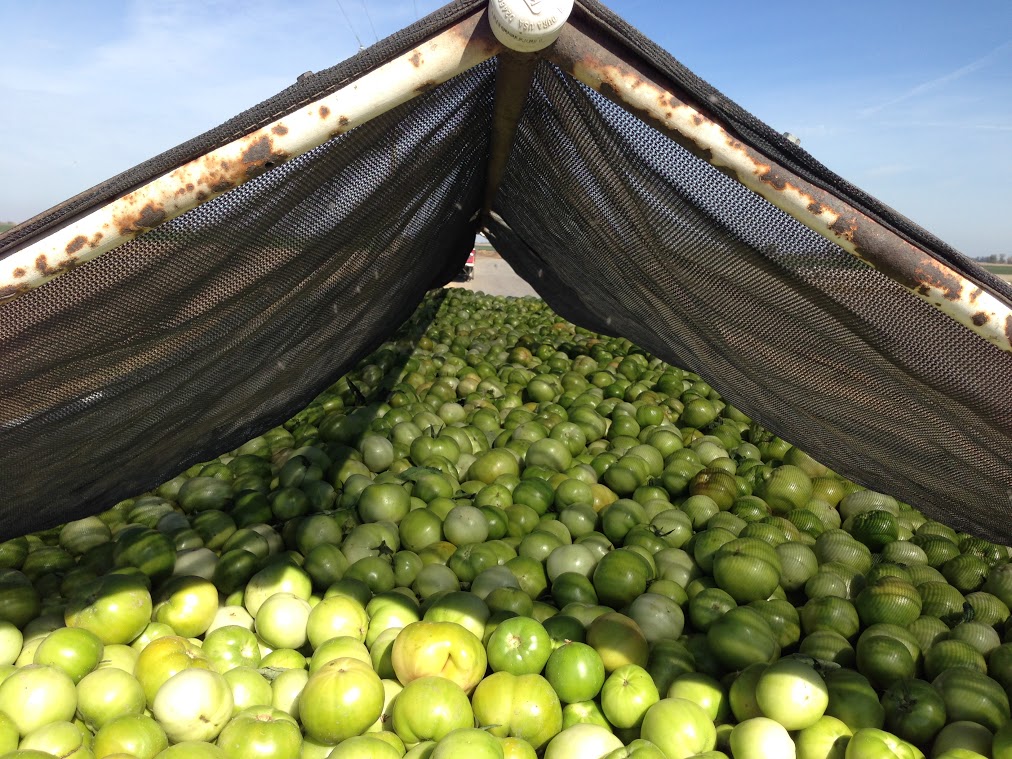Cannon Michael, Bowles Farming Company, Inc.
Their California heritage
Cannon Michael is the president of Bowles Farming Company, a family owned and operated farming company that has been in operation for six generations. The 11,000 acre farm headquartered in Los Banos grows fresh market and processing tomatoes, field crops (including corn, melons, carrots and onions), alfalfa (for local dairies) and other commodities such as durum wheat (for bread) and pima cotton.
How Bowles Family Farms is innovating
Last year, Michael bought a drone thinking he could take some breathtaking aerial photos of his farm. He went to a demonstration in the Bay Area and learned very quickly that he could do much more than take photos.
Michael can operate a single drone and fly over hundreds of acres of cropland fairly quickly, with the ability to document all kinds of metrics – temperature, soil moisture, cropping patterns, irrigation efficiencies not seen from the ground – all referenced with GPS. Soon he will be able to measure other things like nitrates in the soil.
“With drones we can now get almost immediate feedback,” Michael says. “We will be able to make quick decisions on crop health and have a way to make improvements in real time. We can use the data to apply products by variable rate and also see if drip irrigation systems are performing as expected. We have a lot to learn, but a new door is now open.”
Bowles Farming also uses a host of hand-held tablet apps to monitor and track all on-farm activities. Not only will this streamline management, but every recorded action will be associated with the current weather and other metrics. “Using new and emerging technology is an ongoing process that has a long history on California farms,” Michael says.
Connecting with the Californians they help to feed
"I think it is just natural that people don't always think about where their food is coming from or that it will be there when they want it," he says.
Michael says he’s noticed a level of interest like never before from Californians wanting to know more about where the food they eat comes from, or the materials used to make their clothes. “And we as California farmers need to reach out,” he says. “We have done a good job putting our heads down and working hard to provide, but maybe not as good a job about telling our stories. But when people listen and hear, the message resonates.
"California has the highest regulatory standards along with enforceable penalties if we make a mistake." he says. "We all should want products that come from places like California because of our environmental and ethical footprint. If people really want local and sustainable, they want California products - organic or conventional."
